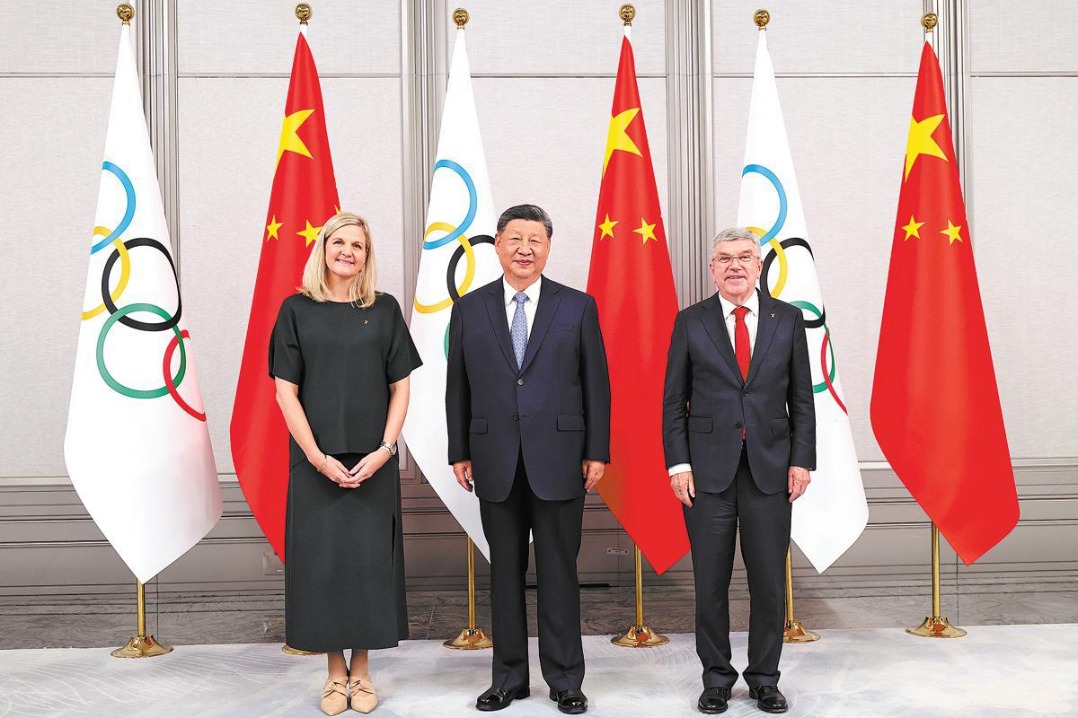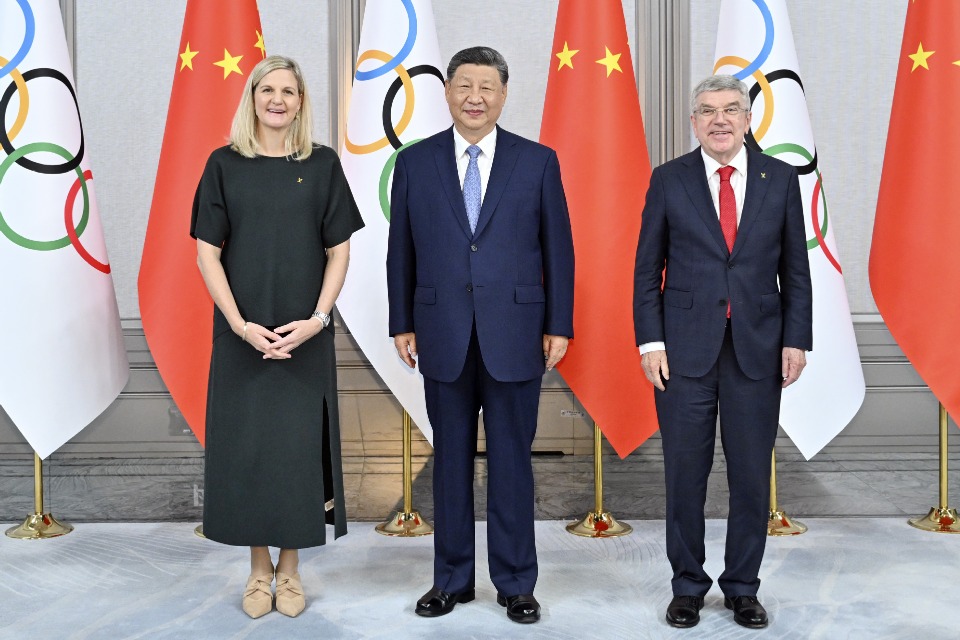Taiwan residents reject DPP's political manipulation and separatist agenda

DPP's politics of purge fails
The result of Taiwan's first wave of recall votes was, in every sense, a political debacle. More than that, it was a public verdict against what can only be described as the Lai style of political warfare.
This sweeping rejection by Taiwan residents was not just about technicalities. It was a blunt message: Taiwan's public has had enough. Enough of "anti-China" rhetoric being weaponized to crush political dissent. Enough of populist mobilization masquerading as "loving Taiwan". Enough of using recall powers to eliminate opposition lawmakers in an attempt to rebuild green-party hegemony in the legislature.
Let's be clear. This campaign, though framed as "protecting Taiwan", was in essence a top-down, DPP-orchestrated purge — aimed at silencing the Kuomintang and regaining control of the legislature through backdoor elections. The goal? A legislature without checks, without opposition, and without debate. The people saw through it. They refused to be pawns in a manufactured political showdown. In rejecting all 25 recalls, Taiwan residents said: We will not pay the price for your separatist agenda.
More telling than the results was the way they came about. Of the 25 recall attempts, 18 failed due to insufficient turnout—falling below the legally required 25 percent threshold. Despite a high-profile campaign, the average voter turnout barely crossed 55 percent, with many people deliberately casting "no" votes to reject what they saw as a cynical abuse of democratic process.
The message was loud and clear: People are tired of polarization and political theater. They seek stability, not strife; livelihood, not slogans. They want economic progress, not political vendettas. In voting down the recalls, the public voiced a desire for peace across the Strait, pragmatic cooperation, and freedom from being manipulated by ideological extremism.
Lai's "two states theory", his insistence on confrontation with the mainland, and his ambition to eliminate dissent under the banner of "defending Taiwan" all fly in the face of what most Taiwan residents actually want. His approach threatens peace, chokes off economic opportunity, and blocks cross-Strait dialogue. It is a path of ruin, not resilience.
Crucially, this defeat signals the diminishing return of the DPP's long-favored "struggle-for-power-through-confrontation" strategy. It also marks a turning point in the effectiveness of "anti-China" mobilization as a political tool. But we must not assume that Lai will soften course. If anything, this setback may drive him to double down on hardline tactics—both inside the island and in cross-Strait policy.
Lai's political persona — rooted in his self-identification as a "pragmatic worker for Taiwan independence" — makes a strategic pivot unlikely. His instinct will be to shift blame, escalate tensions, and manufacture new conflicts. The next round of recall votes on August 23 could well become a new flashpoint. Worse still, Lai may attempt to reframe his defeat into an external confrontation — leaning further into Washington's embrace, amplifying his "international visibility", and deepening systemic confrontation with Beijing.
This makes it even more urgent for the mainland to remain vigilant and proactive. As Lai turns outward to compensate for inward failure, the mainland must safeguard its strategic initiative, uphold national unity, and anchor long-term peace across the Taiwan Strait. The recent recall vote may have weakened Lai's political authority, but it has not ended his confrontational ambitions.
Zhu Songling is a professor at the Institute of Taiwan Studies, Beijing Union University.


































